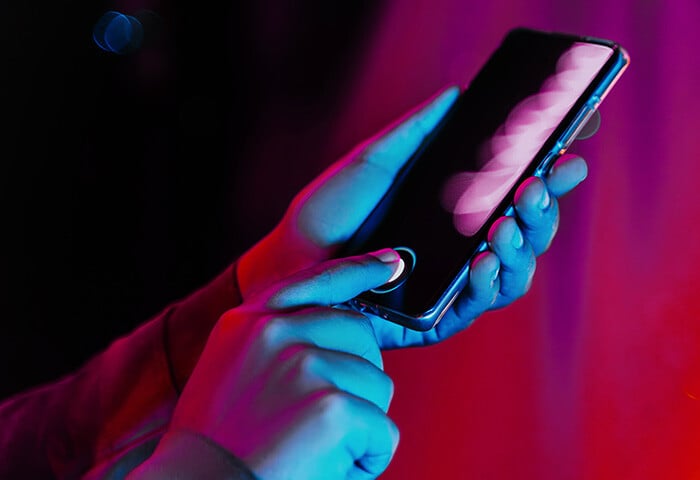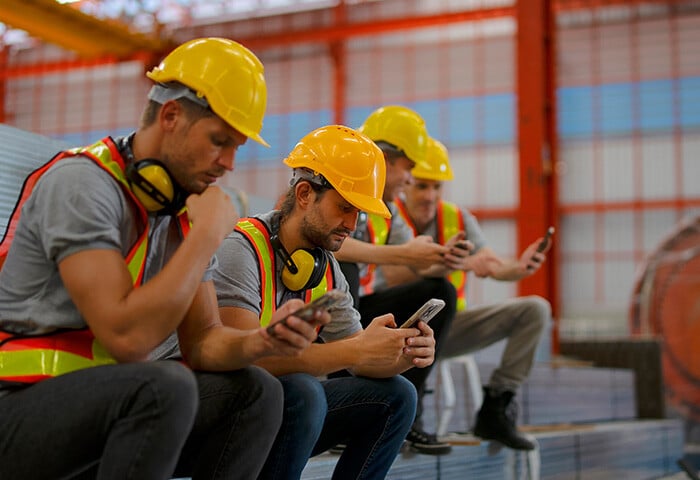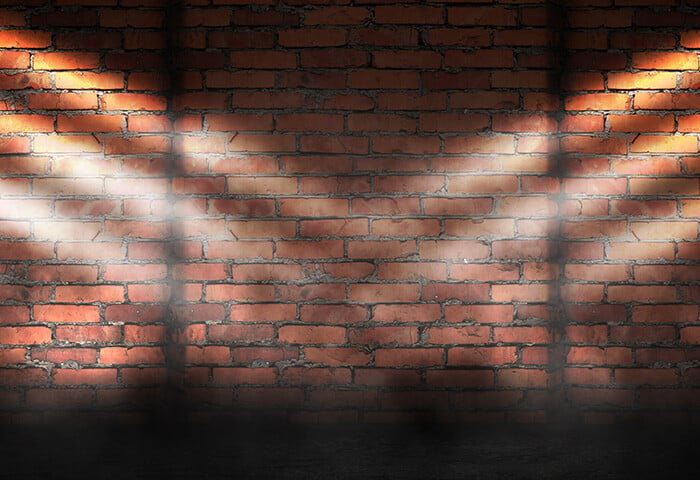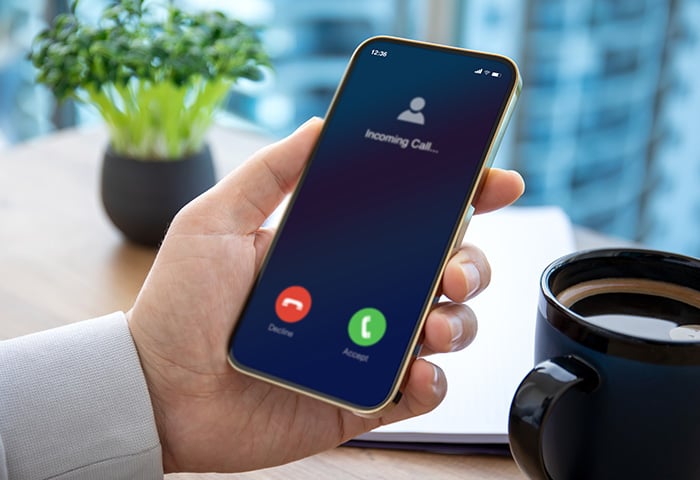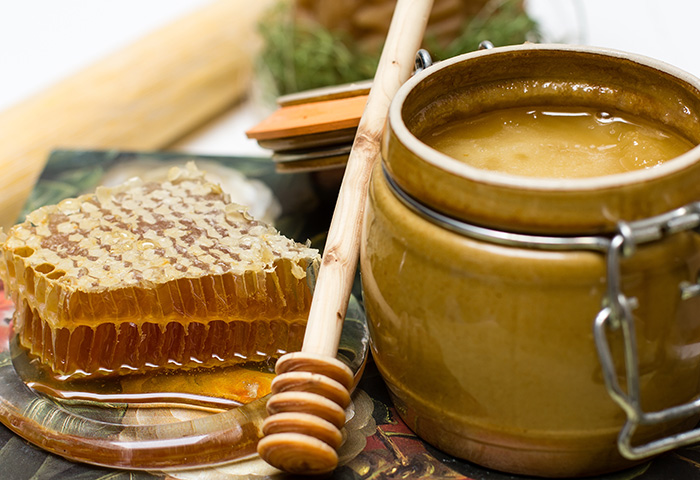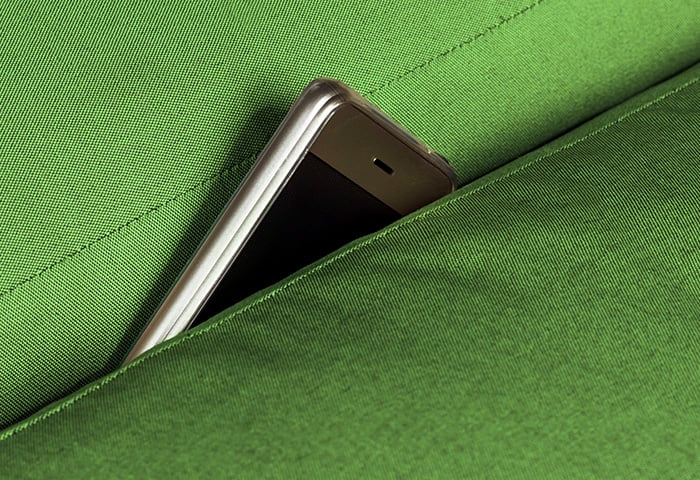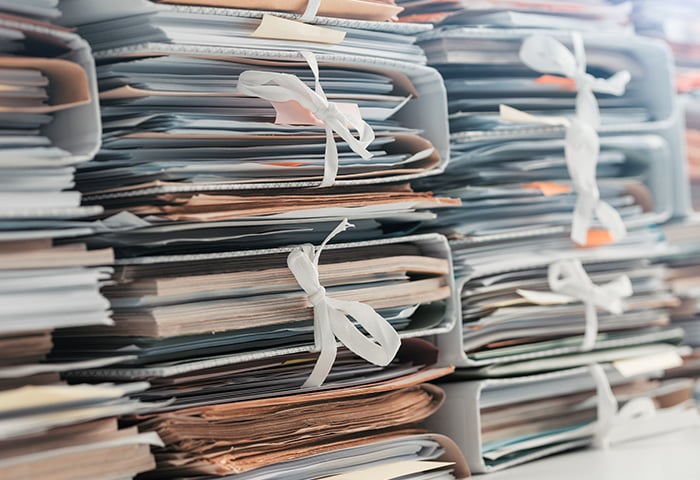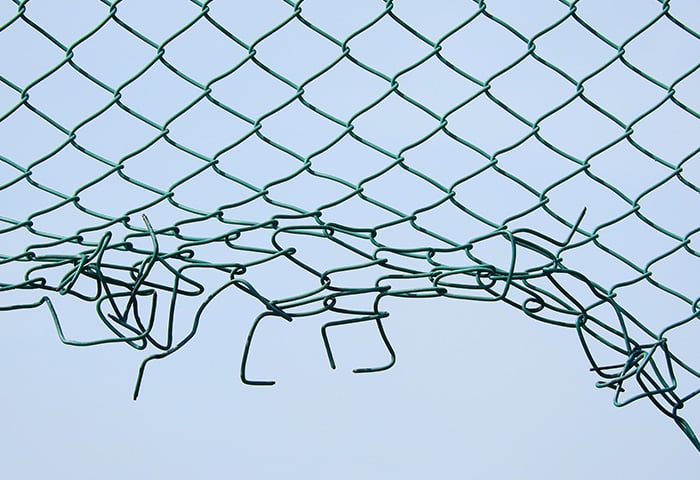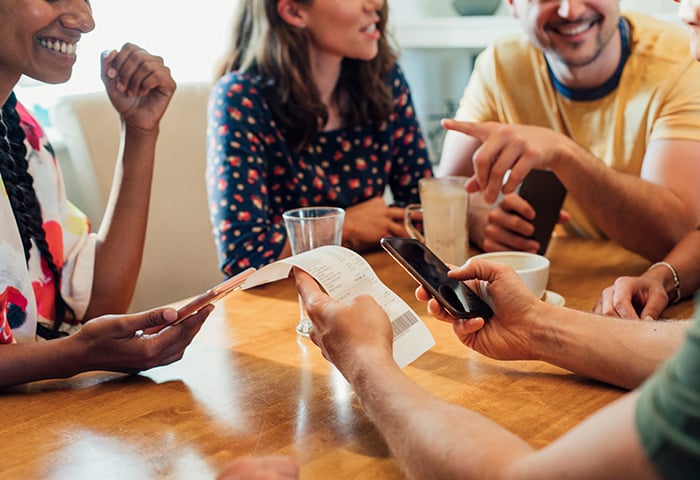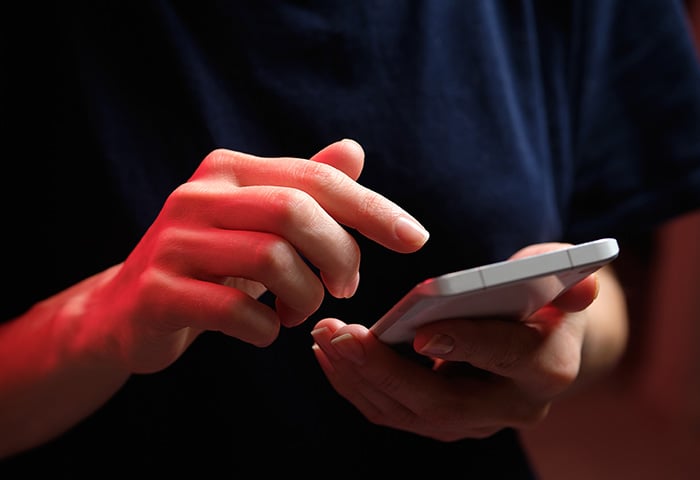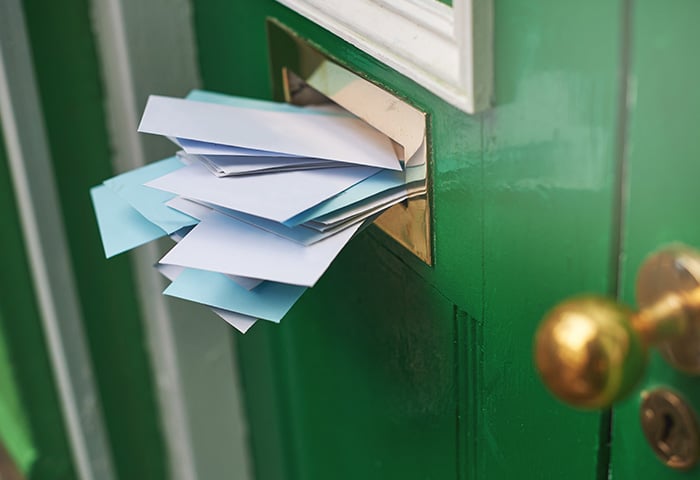Is PayPal safe for sellers?
PayPal is considered one of the safest ways to receive money online. All PayPal transactions are protected by advanced data encryption. PayPal also offers seller protection protocols to prevent fraudulent activities and make the platform safe for sellers.
If you’re running a business, though, you might still wonder how safe PayPal is for sellers and what kind of protection you get. Let's look at some of the transaction protections that PayPal offers.
PayPal’s protection measures include:
-
The PayPal Seller Protection program to help merchants avoid losing payments from unauthorized transactions and fraudulent chargebacks, reversals, or buyer claims.
-
24/7 fraud monitoring of all transactions, with automatic alerts about suspicious activity.
-
Bank accounts and card numbers are not required to process transactions — only a username and password.
-
Merchant fraud prevention allows sellers to contact PayPal directly about suspicious activity.
-
If a PayPal payment dispute occurs, transactions are put on hold until the issue is resolved.
It’s important to remember that managing or viewing your PayPal account on a public network heightens the risk of someone gaining access to your information. When using an open Wi-Fi connection at an airport, restaurant, or other public establishment, take advantage of the benefits of a VPN to browse safely on public Wi-Fi.
 A VPN creates an encrypted tunnel to secure your online communications.
A VPN creates an encrypted tunnel to secure your online communications.
Is PayPal safe for buyers?
PayPal isn’t just a secure platform for sellers. PayPal secures and encrypts transactions on both ends to ensure that the platform is safe to use for both buyers and sellers. As long as you have a secure connection to the legitimate PayPal website, your personal information and data should be safe when paying with PayPal.
PayPal offers similar safety and security measures for buyers that it offers its sellers, such as 24/7 fraud monitoring, dispute resolution, and fraud prevention. In addition, your full financial information is never shared with sellers.
You’ll also benefit from PayPal’s generous Purchase Protection program, which helps to protect you from online scams. If an order doesn’t show up, arrives damaged, or significantly differs from the description, you may be eligible for a full refund (including shipping costs) from PayPal. You just need to file a dispute within 180 days of purchase or payment to qualify.
Check out our complete guide to learn more about how to report online scams.
Types of PayPal transactions
There are two different types of PayPal transactions you can use to send or receive money: friends and family or goods and services.
PayPal friends and family
Friends and family transactions are for sending money to someone you know. This payment method is meant for personal purposes, such as paying someone back for dinner, purchasing a gift card, or sending money abroad.
 An example of a PayPal friends and family payment.
An example of a PayPal friends and family payment.
Transactions are free if you pay from your bank account or with PayPal Cash or a PayPal Cash Plus balance. However, a small fee is paid by the sender or the receiver for all other types of friends and family transactions (e.g., credit card, debit card, etc.).
PayPal goods and services
Goods and services transactions are used when buying an item or service from a seller. For these types of transactions, the seller pays the transaction fee.
 An example of a PayPal goods and services payment.
An example of a PayPal goods and services payment.
Now that you know the different types of transactions, let’s talk about security. Is PayPal friends and family safe to send and receive money? Is PayPal goods and services safe for buying online?
Yes, all PayPal transactions are generally considered safe and secure. These different payment designations are mainly used for tax reporting purposes. Still, there are other reasons to pay attention to the type of payment method you choose.
Friends and family payments should be used for — well, friends and family members. While it’s common for sellers to request using friends and family payments to avoid fees, we don’t recommend it. First, it violates PayPal’s User Agreement, but it’s also a good way to get scammed.
PayPal does not protect purchases unless they are Goods and Services transactions. And this goes for sellers too. If you accept payment for services as if they are friends or family, you won’t be protected for unauthorized transactions or if someone fraudulently claims that an item wasn’t received.
PayPal security features
PayPal has a strong reputation as a safe and secure online payment system. The platform uses the highest security measures possible, including end-to-end encryption, to protect all transactions.
Here’s more about the most common PayPal security features:
-
Data encryption: PayPal uses secure sockets layer (SSL) protocol technology with 128-bit data encryption to secure all transactions.
-
Browser integrity checks: PayPal performs server checks for browser integrity to make sure you’re using a browser that can send data securely. If your browser doesn’t meet the approved security standards, you won’t be able to log in to your account. Learn more about the best browsers for security and privacy.
-
Security key: You can set up two-factor authentication (2FA) in addition to creating a long and unique password. 2FA generates a one-time PIN code that’s sent to your registered phone number every time you log into your PayPal account. This adds an additional layer of protection if someone manages to gain access to your password.
-
Fraud monitoring: PayPal monitors every transaction 24/7 to prevent email phishing, identity theft, and other potential fraud. If something looks suspicious, a team of security specialists will work to identify the activity and help prevent fraudulent transactions.
-
Purchase protection: PayPal offers a strong buyer protection program that fully reimburses purchases that qualify and includes shipping costs. You may be eligible for a full refund if your order is “significantly different” from its description, damaged, or doesn’t arrive at all.
-
Seller protection: PayPal provides Seller Protection to guard against false claims and chargebacks. If you can provide evidence that a transaction meets PayPal’s requirements, you won’t lose any money even if a complaint is filed.
What are the risks of using PayPal?
While it is generally safe to send money using PayPal, it does come with risks. Like many online platforms, especially those with a large volume of financial and personal information, PayPal is a popular target for dangerous hackers, criminals, and other scammers. The most common security threats are phishing and identity fraud.
Fraudsters use a number of different PayPal scams to try and gain access to personally identifiable information (PII) that can help them commit identity theft or take over your account to make purchases on websites you’ve visited.
Most of these PayPal scams use phishing emails to get users to click on malicious links to infect their devices or trick users into confirming their login or shipping details. For example, a scammer may pretend to be from PayPal and ask a customer to share personal information or download software (that’s malware) onto their device.
Another common scam is sending an email that looks like it’s coming from PayPal asking you to resolve an account issue. When you click on the link in the email, you’ll be sent to a fake, pharming website that looks like PayPal but is actually controlled by the scam artist. When you enter your login details, the scammer gets your information to get into your real account.
According to PayPal, the following red flags can help you spot phishing scams:
-
Generic greetings: PayPal always uses the full name listed on your account, so if you see a greeting like “Dear customer” or “Hello PayPal member,” you’re most likely looking at a scam email.
-
Bad grammar: Many phishing messages are poorly written and may contain misspellings, typos, and incorrect grammar.
-
Fake URLs: Scam emails and texts will most likely point you to an unsafe website, so make sure you carefully check the URL, the spelling of the company name, and whether the email came from a domain other than PayPal.
-
Attachments: Beware of emails that come with attachments, because they can contain viruses or other malware that will infect your device. Open an attachment only if you are 100% sure about what it is and who is sending it.
-
Fast action and warnings: Messages that contain warnings about your account being compromised could be scams. The best way to confirm your account or check activity is to do it directly from the PayPal app. You can also enter PayPal’s website address directly into a new browser window.
-
Requests for personal information: PayPal never asks for sensitive information by email, text, or phone. Never share your account information, passwords, credit card numbers, or validation codes with someone else.
You can find more security tips on PayPal’s website.
 An example of what a PayPal phishing email might look like.
An example of what a PayPal phishing email might look like.
Is it better to link a credit card or a bank account to PayPal?
Wondering if it’s safe to link your bank account or your debit card to PayPal? It is safe to link PayPal to your bank account or debit card, but, for insurance reasons, it’s usually better to use a credit card when making online purchases.
Linking your bank account could put you at high risk if someone gets into your account. You have to report fraudulent transactions to PayPal within 180 days, and you can only get a refund if the transaction is eligible.
Credit cards offer additional fraud protection policies that safeguard you against unauthorized transactions, including any that might happen from your PayPal account. Many credit cards come with zero liability protection against fraudulent charges. Plus, under US federal law, consumers are not liable for more than $50 for charges made with lost or stolen card information.
But, one reason to consider using PayPal when purchasing online is that your payment information is stored only in one place. No system is completely safe online, no matter how reputable the company is. But if your data is compromised, with PayPal you’ll only need to update your password or change your card on one platform instead of trying to update it everywhere you shop or pay.
Does PayPal refund money if you get scammed?
Purchases made on PayPal are protected if they qualify as eligible, and if you report it within the required 180 days. Purchases are considered eligible for a refund if they arrive damaged, don’t meet expectations, or if the transaction is found to be unauthorized.
However, there are a variety of tactics sellers use to avoid refunding money. Some sellers send lower-quality items that match the description. Or, they ask for you to send purchases back first (most often to a location that carries a high shipping fee). PayPal can’t guarantee you’ll get a full refund even if you’ve been hoodwinked.
PayPal also does not refund money that you willingly send to phishing scammers or when using its peer-to-peer digital payments system. It will only return your money if you can prove that a goods and services transaction is fraudulent. If you paid money to someone using peer-to-peer payment methods, or if a dispute doesn’t meet certain conditions, you’re most likely out of luck.
How to protect yourself from PayPal vulnerabilities
From Venmo scams to Google Pay fraud to Apple Pay phishing schemes — every payment system you use on the internet comes with risks. Even a company with a great reputation like PayPal could suffer a data breach. At that point, its customers could be easily targeted in a variety of online scams.
Take the time to shore up your own online security to protect your personal data and financial accounts.
Here’s how we recommend protecting yourself from PayPal vulnerabilities:
-
Use antivirus software. It’s always a good idea to protect your digital identity and your devices — whether it’s your phone, laptop, or home computer. Antivirus software automatically blocks viruses and other malware, flags malicious links, and helps prevent phishing scams. Install AVG to get powerful online security against the array of today’s online threats.
-
Set a strong password. Good online security starts with long and unique passwords. Create strong passwords for all your accounts.
-
Use two-factor authentication. In addition to setting a strong password, two-factor authentication (2FA) makes it very difficult for someone to gain access to your account.
-
Avoid public Wi-Fi. You never know who might be snooping on free Wi-Fi, so avoid using public networks when conducting financial transactions. If you can’t avoid it, make sure you connect using a VPN to encrypt your data and keep it private.
-
Use your credit card. If something goes wrong on PayPal and you can’t get a refund, your credit card company might offer additional protection to get your money back. Plus, connecting your credit card prevents you from losing all the money in your bank account if someone gets access to your details through PayPal.
 Set up two-step verification on your PayPal account for better security.
Set up two-step verification on your PayPal account for better security.
Stay safe online with AVG
PayPal may be doing its part to keep you safe online, but it’s important to proactively bolster your online security to protect yourself from scams and online threats. Security software like AVG AntiVirus Free offers powerful, award-winning protection to keep you safe online. It will help protect your online life and help shield your device against the most common security vulnerabilities that can catch PayPal buyers and sellers by surprise — and it won’t cost you a cent.
AVG AntiVirus Free automatically stops malware like viruses and spyware, blocks dangerous email attachments and phishing links, and helps to identify malicious websites and links. Install AVG today to protect yourself with world-class threat-detection technology.
FAQs
Will PayPal cover me if I get scammed?
If you believe you were sent something substantially different from what you purchased, then you will be covered by PayPal's payment protection plan. Additionally, if there are fraudulent charges made to your account, you will be covered on the condition that you report the fraudulent charge in 180 days.
Is PayPal secure to use?
PayPal takes significant steps to secure and encrypt all transactions on its platform, but it cannot account for all vulnerabilities. If your login credentials are stolen or your device is hacked, you can still experience security issues. In cybersecurity, you're only as secure as your weakest security measure.
Is PayPal safer than a credit card?
If you’re making an online payment, using a credit card linked to PayPal offers the best security. PayPal doesn’t share any of your payment information with sellers. By contrast, if you pay with a credit card you’ll have to share those details. Plus, you get extra card fraud protection from your credit card issuer.
Is PayPal safe to link to a bank account?
While PayPal takes security measures to encrypt and protect your information, if you do end up the victim of unauthorized charges, then you are better protected by linking your credit card. Many credit cards have a $0 fraud liability, and even if yours doesn't, the US federal government caps liability at $50.
If you were to link your bank account and see hundreds or thousands of dollars worth of fraudulent charges, you could be liable for a lot more of those losses and have to wait a much longer time before you see any of it back.
Do you need a credit card for PayPal?
You don't need to have a credit card to use PayPal. You can use your PayPal account with a bank account or a checking account. However, we recommend using a credit card on PayPal to take advantage of the additional security protocols credit cards offer.
.png)
.png)

 A VPN creates an encrypted tunnel to secure your online communications.
A VPN creates an encrypted tunnel to secure your online communications. An example of a PayPal friends and family payment.
An example of a PayPal friends and family payment. An example of a PayPal goods and services payment.
An example of a PayPal goods and services payment. An example of what a PayPal phishing email might look like.
An example of what a PayPal phishing email might look like. Set up two-step verification on your PayPal account for better security.
Set up two-step verification on your PayPal account for better security.
